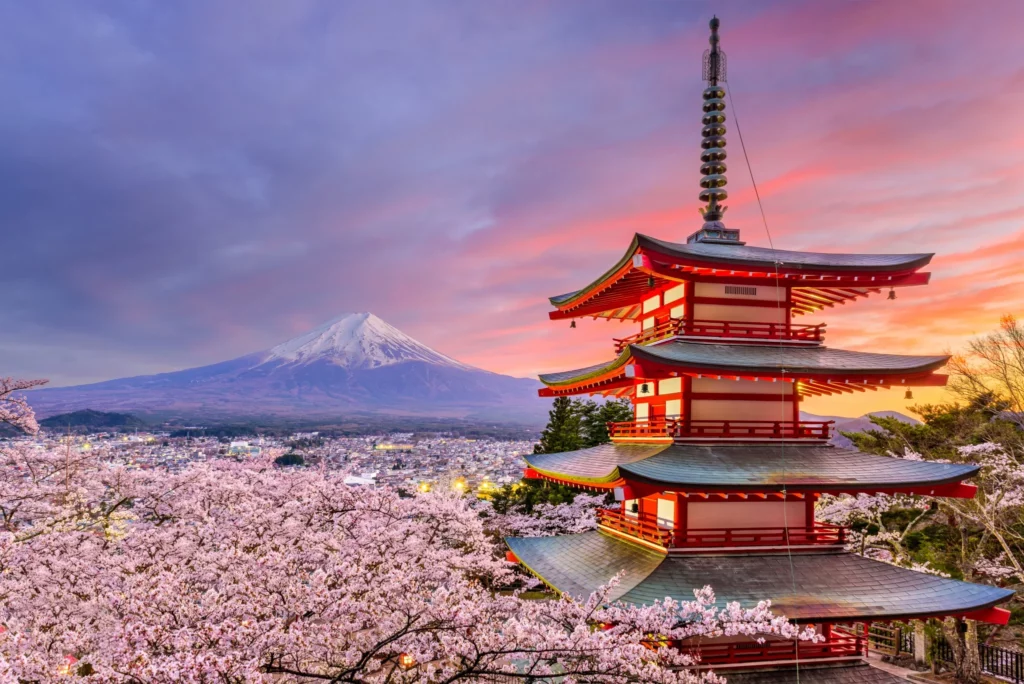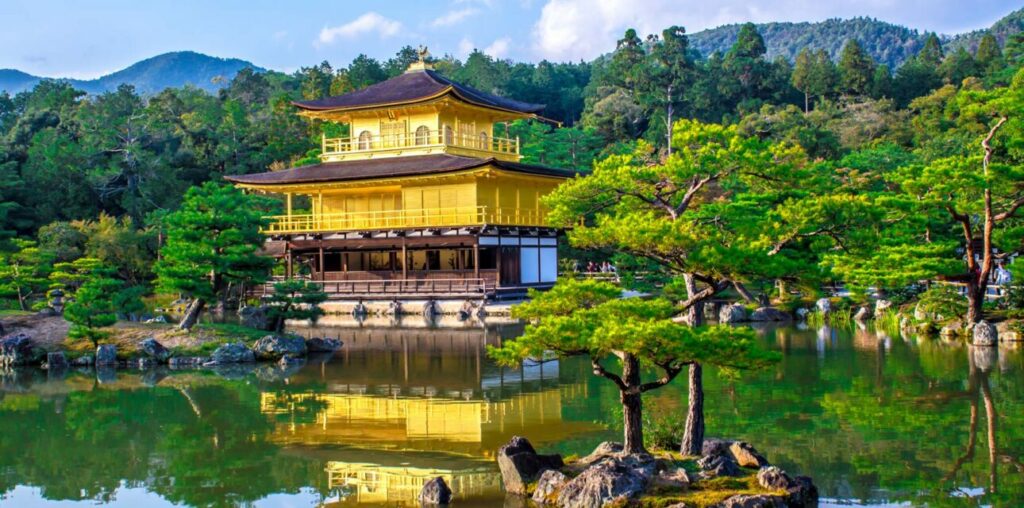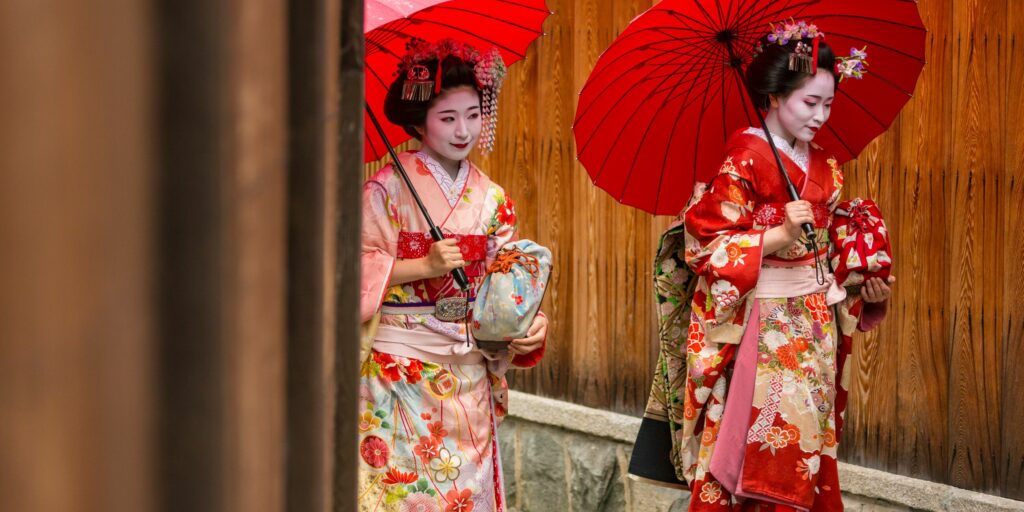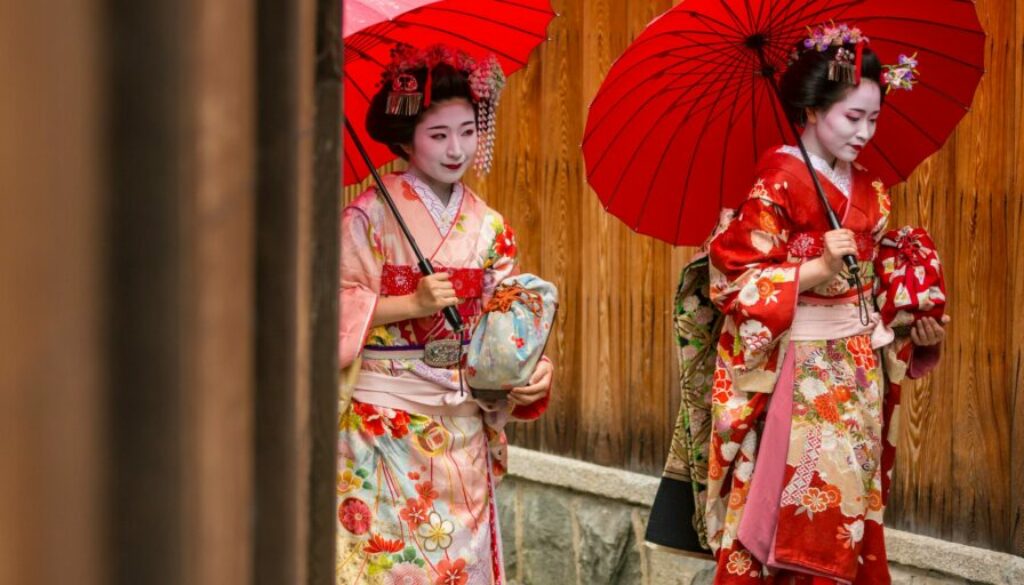Japan Journeys: Tradition Meets Modernity
Are you ready to embark on an extraordinary adventure with Japan Journeys: Tradition Meets Modernity? Japan, a country known for its vibrant traditions and cutting-edge technology, offers a unique blend of the past and the future. From its rich history and cultural heritage to its technological innovations, Japan seamlessly combines tradition with modernity in every aspect of life. In this article, we will explore the various facets of Japan journey, where tradition meets modernity.
Traditional Culture
Japan’s rich history and cultural heritage make it a captivating destination for travelers. From ancient customs and rituals to traditional arts and crafts, Japan offers a glimpse into its unique heritage.
Rich history and cultural heritage
Japan’s history spans thousands of years, and its cultural heritage is deeply rooted in its traditions and values. From the samurai warriors of feudal Japan to the graceful geishas, the country’s past has left an indelible mark on its culture.

Traditional arts and crafts
Japanese craftsmanship is renowned worldwide for its attention to detail and precision. From delicate pottery and intricate calligraphy to the art of flower arrangement (ikebana) and tea ceremony, Japan’s traditional arts and crafts celebrate skill and aesthetic beauty.
Modern Technology
While rooted in tradition, Japan is also at the forefront of technological advancements, constantly pushing the boundaries of innovation.
Japan’s technological advancements
Japan has made significant contributions to various technological fields. From pioneering advances in electronics and automobiles to breakthroughs in robotics and artificial intelligence, the country continues to lead in technological innovation.
Robotics and artificial intelligence
Japan is known for its development of humanoid robots that can interact with humans. These robots can perform tasks, provide companionship, and even simulate emotions. Additionally, Japan is making remarkable progress in artificial intelligence, further revolutionizing various industries.
Traditional Cuisine
Japanese cuisine is highly regarded for its artful presentation and delicate flavors that tantalize the taste buds.
Exquisite flavors and presentation of Japanese cuisine
Japanese cuisine is characterized by its emphasis on fresh, high-quality ingredients and minimalistic preparation methods. From sushi and sashimi to tempura and ramen, each dish is meticulously crafted to deliver a harmonious blend of flavors and textures while delighting the senses.
Traditional tea ceremonies
Tea ceremonies hold a special place in Japanese culture, representing grace, tranquility, and hospitality. These ceremonies, rooted in Zen Buddhism, involve the precise preparation and serving of matcha (powdered green tea) in a ritualistic manner.
Pop Culture
Japan’s vibrant and influential pop culture has gained worldwide popularity, captivating audiences of all ages.
Anime and manga
Japan is the birthplace of anime and manga, two forms of entertainment that have garnered a dedicated global fanbase. Anime refers to Japanese animated productions, while manga refers to Japanese comic books and graphic novels. These mediums often explore a wide range of genres, from fantasy and science fiction to romance and slice of life.

Cosplay and J-pop
Cosplay, short for costume play, is a popular subculture that involves dressing up as characters from anime, manga, video games, and more. Cosplayers often gather at conventions and events, showcasing their elaborate costumes and bringing beloved characters to life. J-pop, or Japanese pop music, is another influential aspect of Japanese pop culture, known for its catchy tunes and energetic performances.
In conclusion, Japan beautifully balances its rich traditional culture with cutting-edge technological advancements. From exploring ancient customs and indulging in exquisite cuisine to immersing oneself in the colorful world of anime and manga, Japan offers a journey where tradition seamlessly meets modernity.
Architecture
Japan’s architectural landscape is a testament to its rich history and innovative spirit. The country is home to both traditional temples and shrines, as well as modern architectural marvels.
Traditional temples and shrines
Japan is dotted with thousands of temples and shrines, each with its unique architectural style and historical significance. From the elegant simplicity of Zen temples to the intricate details of Shinto shrines, these structures offer a glimpse into Japan’s spiritual and cultural heritage.
Modern architectural marvels
Japan is also known for its modern architectural achievements. Cities like Tokyo and Osaka showcase skyscrapers and contemporary buildings that push the boundaries of design and technology. The iconic Tokyo Skytree and Osaka Castle are prime examples of Japan’s prowess in creating architectural marvels.
Festivals and Celebrations
Japan’s calendar is filled with both traditional festivals and modern events that showcase its vibrant culture and zest for celebration.
Traditional festivals
Traditional festivals, or matsuri, are an integral part of Japanese culture. These festivals often revolve around religious or historical events and are characterized by lively processions, music, dance, and fireworks. Examples include the dazzling spectacle of Gion Matsuri in Kyoto and the mesmerizing Nebuta Matsuri in Aomori.

Modern events and celebrations
In addition to traditional festivals, Japan also hosts a variety of modern events and celebrations that cater to different interests. Festivals dedicated to anime, manga, and video games, such as Comiket and AnimeJapan, draw enthusiasts from around the world. Fireworks displays, music concerts, and street parades also offer exciting opportunities for entertainment and cultural immersion.
Fashion and Style
Japan’s fashion scene effortlessly blends traditional and contemporary styles, creating a visually captivating and trendsetting culture of fashion.
Traditional kimono attire
The kimono, a quintessential symbol of Japanese fashion, is a traditional garment with distinctive silhouettes and exquisite patterns. Worn on special occasions, such as weddings and festivals, kimonos reflect Japan’s appreciation for craftsmanship and attention to detail.
Trendsetting street fashion
Beyond traditional attire, Japan is renowned for its trendsetting street fashion. Harajuku, a district in Tokyo, is famous for its unique and eclectic fashion subcultures. From Lolita fashion, characterized by frilly dresses and Victorian-inspired aesthetics, to streetwear brands that have gained worldwide recognition, Japan’s street fashion scene is a vibrant and ever-evolving cultural phenomenon.
Transportation
Japan’s transportation system is known for its efficiency, reliability, and innovations that continue to shape the way people travel.
Efficient public transportation system
Japan’s cities are served by an extensive network of trains, buses, and subways, making commuting a seamless experience. The punctuality and frequency of public transportation allow people to navigate urban areas with ease and convenience.
Bullet trains and futuristic transportation options
The Shinkansen, or bullet train, is a marvel of engineering and an iconic symbol of Japan’s transportation system. These high-speed trains connect major cities across the country, allowing travelers to cover long distances quickly and comfortably. Japan also invests in research and development of futuristic transportation options such as maglev trains and autonomous vehicles.
Natural Beauty
Japan’s breathtaking natural beauty offers a welcome respite from the hustle and bustle of city life. From serene gardens to picturesque landscapes, the country’s natural wonders are awe-inspiring.
Serene gardens and cherry blossoms
Japanese gardens are meticulously designed spaces that embody tranquility and harmony. Featuring carefully manicured landscapes, stone pathways, and soothing water features, these gardens offer a serene escape for visitors. One of Japan’s most celebrated natural phenomena is the blooming of cherry blossoms, or sakura, where parks and streets are engulfed in delicate pink flowers, creating a breathtaking spectacle.
Majestic mountains and hot springs
Japan’s mountainous terrain provides a stunning backdrop for outdoor enthusiasts and nature lovers. From Mount Fuji, a UNESCO World Heritage site, to the majestic peaks of the Japanese Alps, these mountains offer opportunities for hiking, skiing, and breathtaking vistas. Additionally, Japan is famous for its hot springs, known as onsen, where visitors can relax and rejuvenate in natural mineral-rich waters.
In conclusion, Japan’s architectural wonders, vibrant festivals, fashion-forward styles, efficient transportation, and natural beauty perfectly blend tradition with modernity. Whether exploring ancient temples or embracing cutting-edge designs, experiencing traditional festivals, or attending modern events, Japan offers a journey that showcases the seamless harmony between the old and the new.
Conclusion: Japan Journeys
Japan Journeys: Tradition Meets Modernity encapsulates the essence of a nation where traditions and modern inventions intertwine seamlessly. From exploring the zen gardens and ancient temples to immersing in the high-tech wonders of modern cities, Japan offers an abundance of experiences that will leave you enchanted.
So, pack your bags, embark on this mesmerizing journey, and let the dichotomy of Japan’s captivating culture unravel before your eyes. Japan Journeys: Tradition Meets Modernity welcomes you to a land where the past and present unite in a unique symphony of contrasts, unveiling a rich heritage that continues to shape the future.
Also Read:



